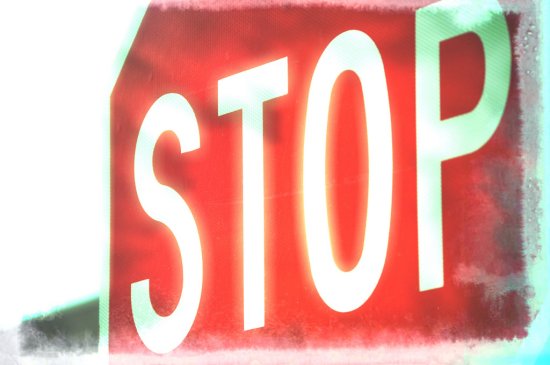
So long as you are absolutely certain you're going to file Chapter 7 bankruptcy, these bill paying strategies can help you...
Stop Using and Paying for Credit Cards
You definitely should stop using your credit cards as soon as you decide to file bankruptcy. If you continue using your plastic up until you file, you could be accused of fraud for intentionally accumulating debt you didn't plan to pay. On the flip side, if you're sure you will file soon, you can choose to stop paying your credit card bills since these are usually dischargeable in Chapter 7 bankruptcy. This is money you can use to pay your everyday expenses instead of charging them.
Stop Paying on (Some) Loans That Will Be in Your Filing
If you have a car loan or mortgage and are planning on giving the assets (i.e. your home or vehicle) up as part of your bankruptcy because you can longer afford them, have negative equity or are just in over your head, you can choose to stop paying on these debts as well. Understand that you'll likely be subject to more intense collections activity up to and including threats of foreclosure and/or repossession. But one debt you should not stop paying is your student loans since these are rarely dischargeable in bankruptcy.
Stop Paying on Medical Bills
Most people that file bankruptcy have at least some medical bills they're struggling to pay and some have a lot. The average bankruptcy filer has roughly $10,000 in unpaid medical bills weighing them down. This is another bill you can choose to stop paying since medical bills are dischargeable in a Chapter 7 bankruptcy. This is more money you can keep in your pocket rather than putting it toward debt you'll be unloading when you file.
Keep Paying Child Support and Alimony
Child support and alimony payments are not dischargeable in bankruptcy, cannot be reduced or tampered with in any way. Only family court can make changes to your support payments. It is critical that you keep paying on these so that you don't end up in trouble with the law. Falling behind on support payments can result in both civil and criminal law consequences. If you are struggling to make payments, filing bankruptcy can help you shed other debts so you can better afford to pay support.
The whole idea of bankruptcy is to get you a financial fresh start. To get the best possible results from a Chapter 7, you should make smart money decisions about what bills to pay and not to pay in the weeks leading up to bankruptcy. Paying utilities is smart and paying on loans for assets you plan to keep should be a priority. Otherwise, so long as you're certain you're going to file a Chapter 7 – and file it soon – it can be a smart strategy to stop paying certain bills beforehand.
